How private schools meet educational needs
Born in 1949 in Alès in the Gard département, Philippe Meirieu has long been a widely recognised authority in the world of education. After studying philosophy and literature at university in Paris, Philippe Meirieu qualified as a primary school teacher and has never stopped teaching, even when he has held very important positions in the world of education in France, such as Director of the Institut des sciences et pratiques de l'éducation et de la formation at the Université LUMIERE- Lyon 2.
"Pédagogie: Des lieux communs aux concepts clés" is a book by Philippe Meirieu, published in 2013 and which I have re-read with great interest and has inspired me some reflections on private education.
Pedagogy: from commonplaces to key concepts
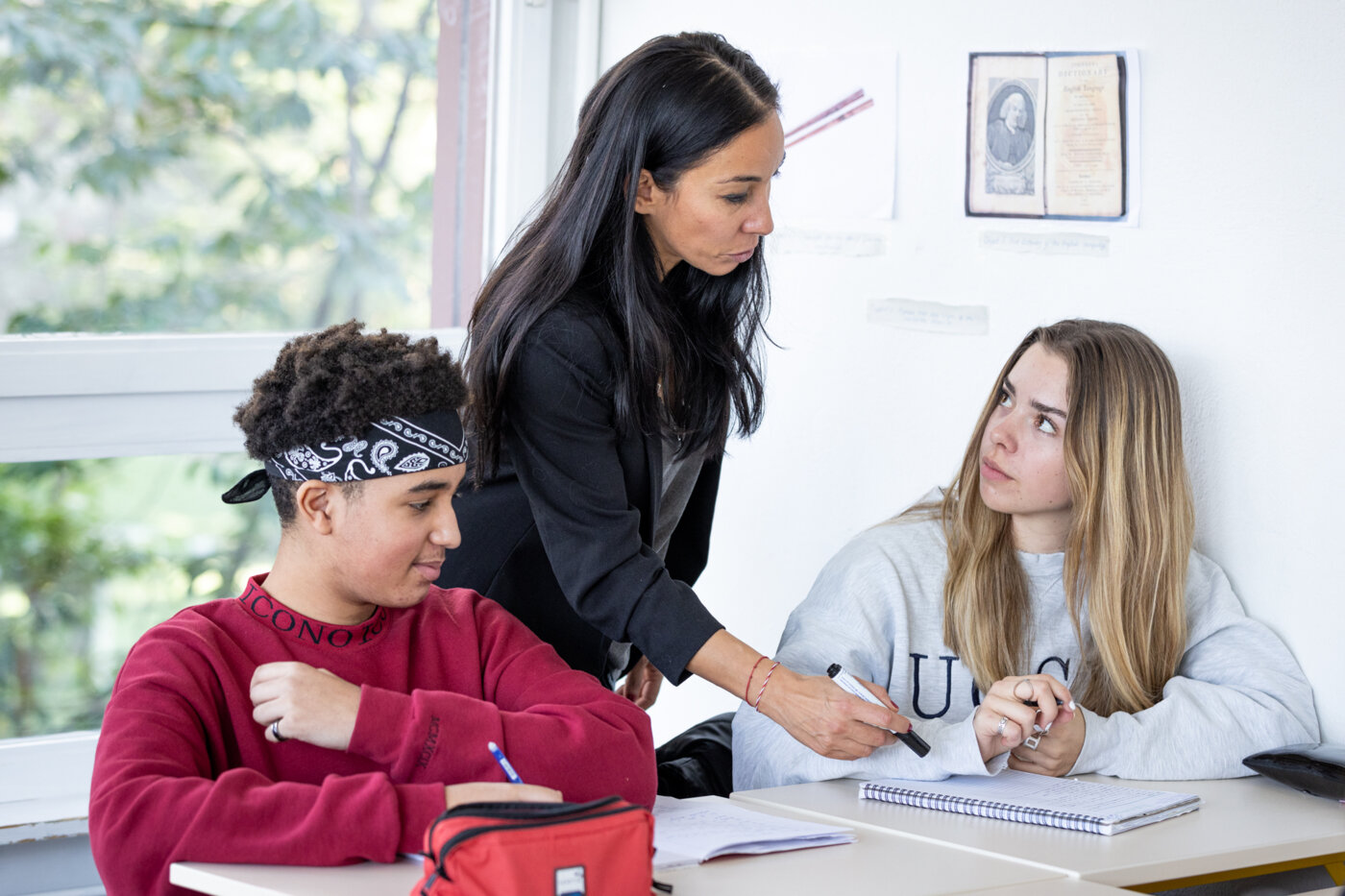
A book synthesising a vision
Meirieu’s approach is clear from the very beginning of the book: “(…) the transmission of culture cannot be aimed at selecting elites, but must enable everyone to have access to the pleasure of thinking and the power to act”. (p.5)
An ambitious programme! The book gives us some ideas on how to achieve it.
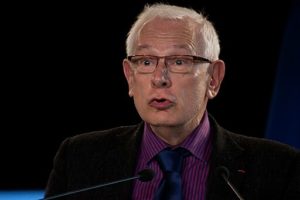
After tracing the history of active methods, which emerged in the last years of the 19th century, and highlighting their strengths and limitations, Meirieu turns to motivation. He shows how, as a ‘mediator of culture’, “(…) the teacher can reopen the field of possibility, break the vicious circle of failure that demotivates: each time he enables a pupil to become involved in a task with the certainty that he will not be abandoned, but also that he will be able to complete it successfully and make it truly ‘his’ success, assumed and recognised as such… It is then that, little by little, a link can be forged between success and motivation”. (p.38).
For the child to move from a desire to know to a desire to learn, the teacher must ask the right questions, demonstrate a benevolent rigour and embody, in his or her behaviour as an educator, the pleasure of seeking and the joy of knowing.
Meirieu then looks at individualisation and is very critical of the way in which French schools have outsourced all forms of help and support for pupils: “Individualisation deconstructs the institution at the same time as it delegitimises all pedagogical work: in diversion schemes, specialised exercises are worked on relentlessly, systematic re-education is used, empathic listening or behavioural therapy is practised. But we no longer pass on knowledge in groups that allow us to taste its flavour together”. (p.83).
Meirieu then introduces the concept of differentiated teaching, which is particularly close to his heart. “(…) rather than technocratic management of differences, we must absolutely prefer differentiated teaching, combining group activities and individual work within a structuring group”. (p.83).
While a degree of individualisation of teaching is essential (after all, we do not all learn in the same way), the trap of individualism must be avoided. Involvement in a collective is more necessary than ever for the social and civic education of the individual. Varying methods should enable everyone to discover new horizons. It also leads pupils to gradually take charge of their own learning, thereby gaining in autonomy.
This differentiated pedagogy makes it possible to overcome the opposition between “spontaneity pedagogy” and “prerequisite pedagogy” (traditional directive teaching). As Meirieu writes on page 105 of the book, “The contradiction is only apparent when we see education as a permanent tension between two requirements: the requirement to transmit and the requirement to appropriate. For it is the adult who educates and teaches, but it is the child who grows and learns”.
I think that this dual requirement sums up Philippe Meirieu’s innovative approach to education perfectly, and I believe that it steers clear of the various drifts that are always possible.
Several aspects of this educational approach remind me of a blog article I published some time ago on the Ecole Lémania website: Seven Drivers of Learning
Characteristics of private education
Having spent my entire career at the Lemania School, I’ve wondered to what extent private schools, which often have a distinctly elitist appearance in the eyes of the public, manage to achieve the objectives described above.
It’s true that, as they are not state-funded, not everyone can afford them. Nevertheless, they often offer loans or grants, as the Paul Du Pasquier Foundation does at the Lemania School, for example, or indirect funding through school vouchers awarded to parents. This makes them more accessible than is generally thought.
Private schools are very diverse, as we all know. They can be secular or religious, bilingual or not, innovative or traditional. They may prepare students for official diplomas or award their own degrees.
However, despite this great diversity, they all seem to have a few things in common:
- They generally have smaller classes than state schools, which makes it easier to individualise teaching and monitor pupils more closely.
- With rare exceptions, they provide a structured education, based on the requirements of the programmes for which they are preparing their students (Swiss Maturité, French Baccalauréat, International Baccalaureate, GCSE, A levels, etc.).
- Their main objective is the success of their students, regardless of the type of education provided, and not to select the best students or to divide students between different existing training courses.
- With the exception of a few elite schools, they welcome students as they are and strive to take them as far as possible in achieving their goals. In this way, they are often able to motivate discouraged students.
This last point refers to part of the appendix to Meirieu’s book entitled La rupture épistémologique et le ” moment Makarenko ” (The epistemological break and the Makarenko moment).
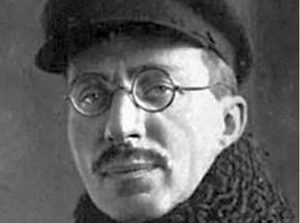
Anton Makarenko (1888-1939) was a Soviet educator, social worker and writer whose work had a huge impact. He founded “colonies” that took in children abandoned on the roadsides by the Bolshevik revolution. “We ceased, in the most sincere manner, to be interested in the past faults of the colonists, and the result was so happy that the colonists themselves soon forgot them.” Makarenko quoted by Meirieu on p.170.
Commenting on this passage, Meirieu states that “what is important, in reality, is less the ignorance of the past in itself than the decision not to assign anyone to the reproduction of this past.” (p.170).
For all these reasons, public schools are often synonymous with a fresh start for pupils in difficulty.
Other posts
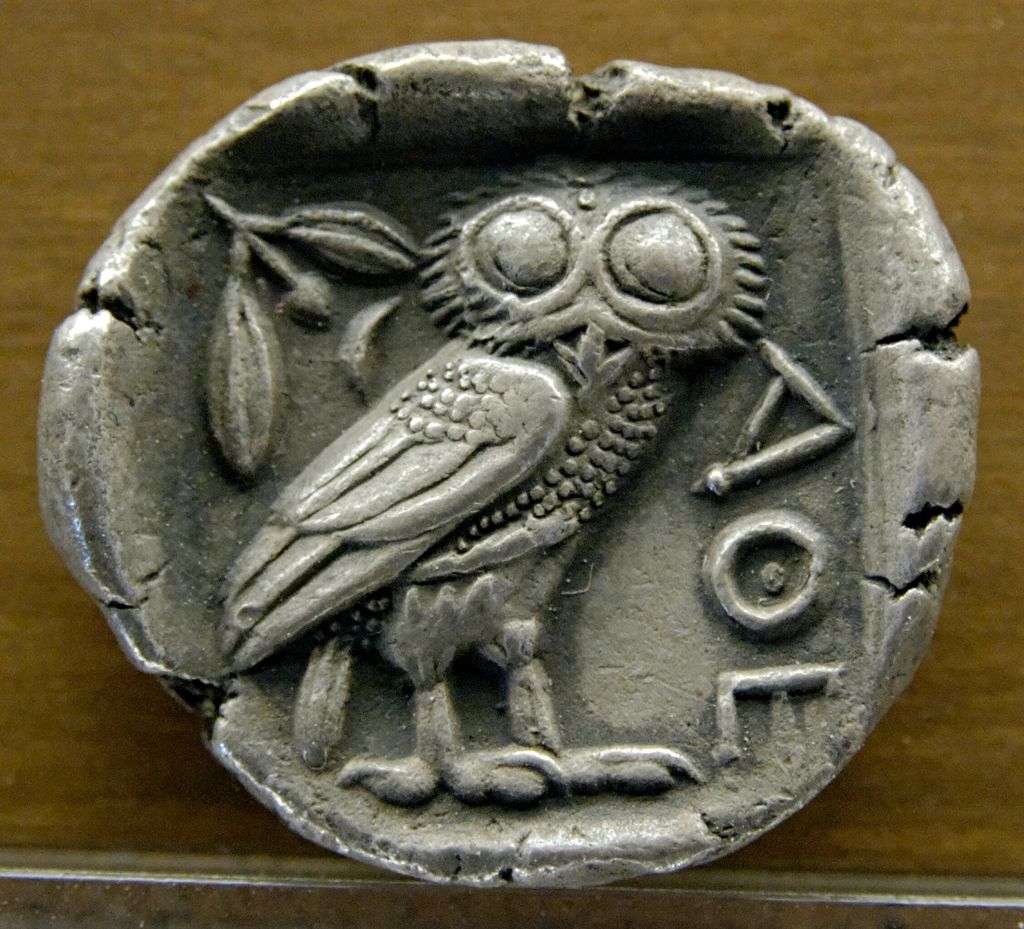
Discover the Story of Mina, the AI of Lemania
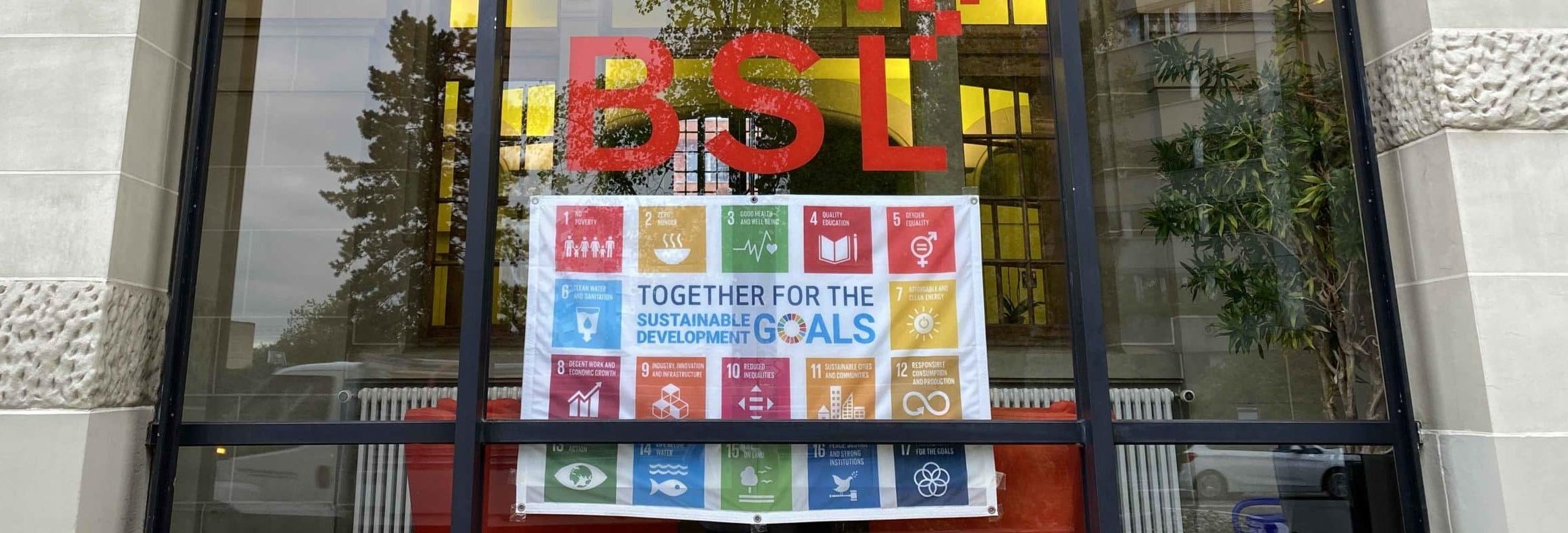
Climate Change: Why We Shouldn’t Be Discouraged Despite Trump’s Return to Power

We are not condemned to choose between happiness and ecology
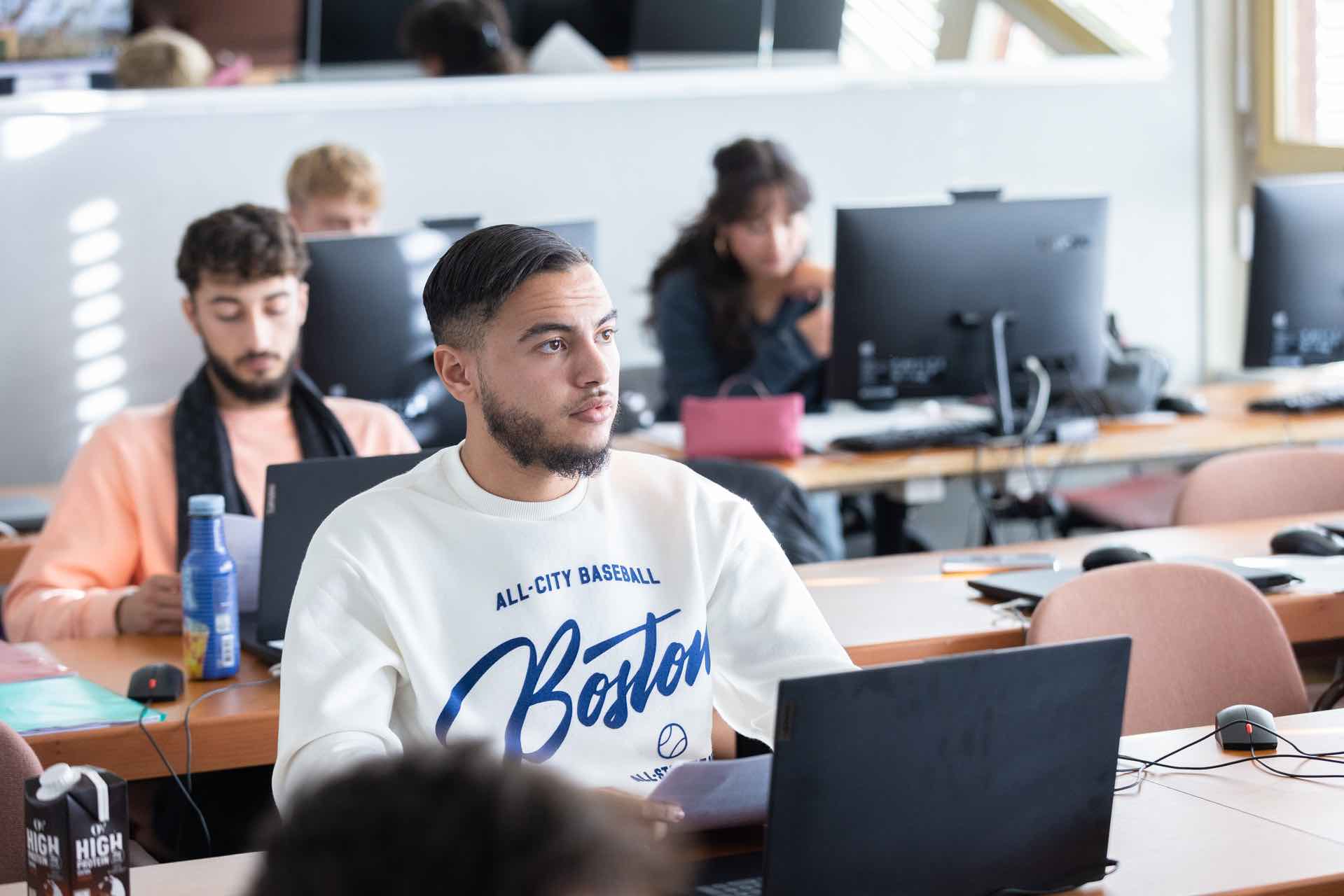
When the vocational training is just a first step

Writing by hand helps you remember, or the proper use of tablets
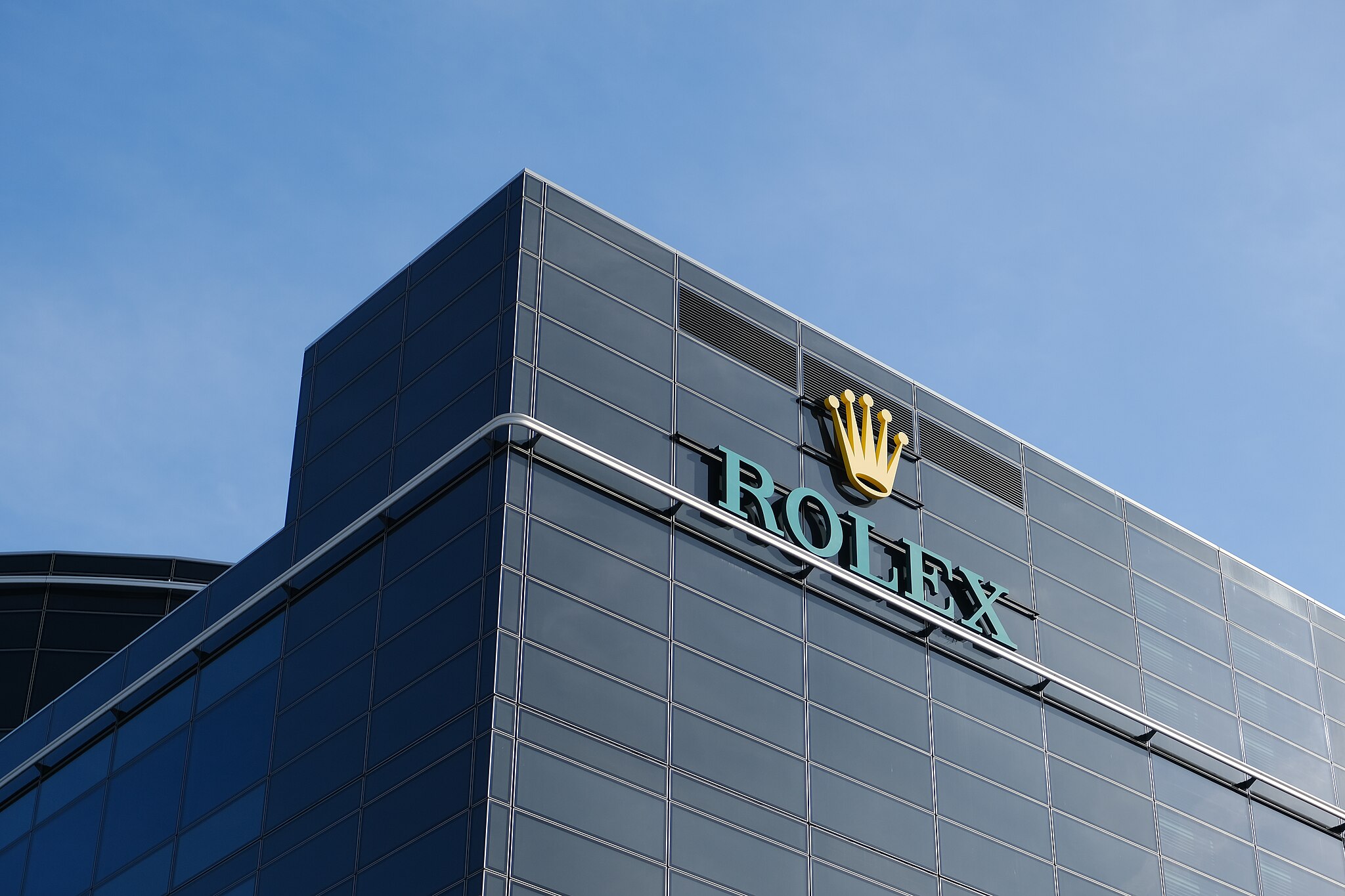
Ovomaltine, Rolex, Nescafé, Swatch or Nagra. What do they all have in common?
